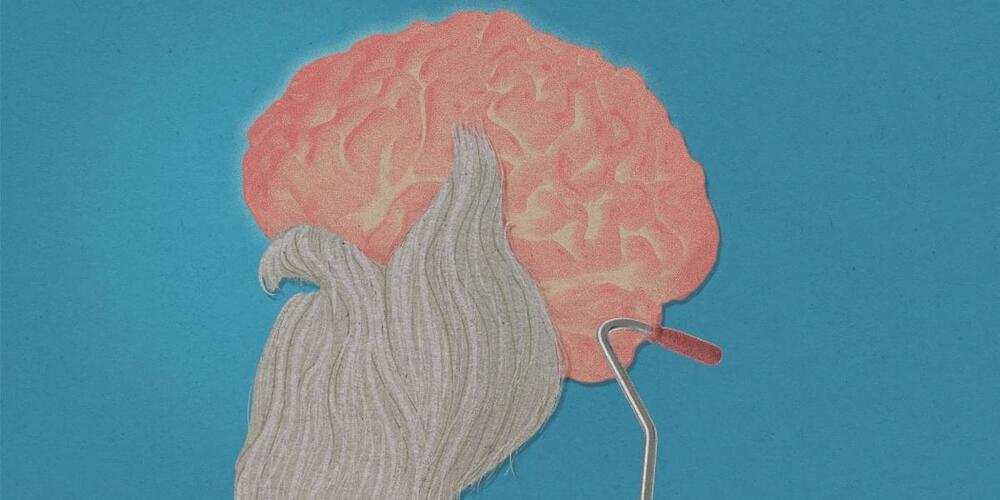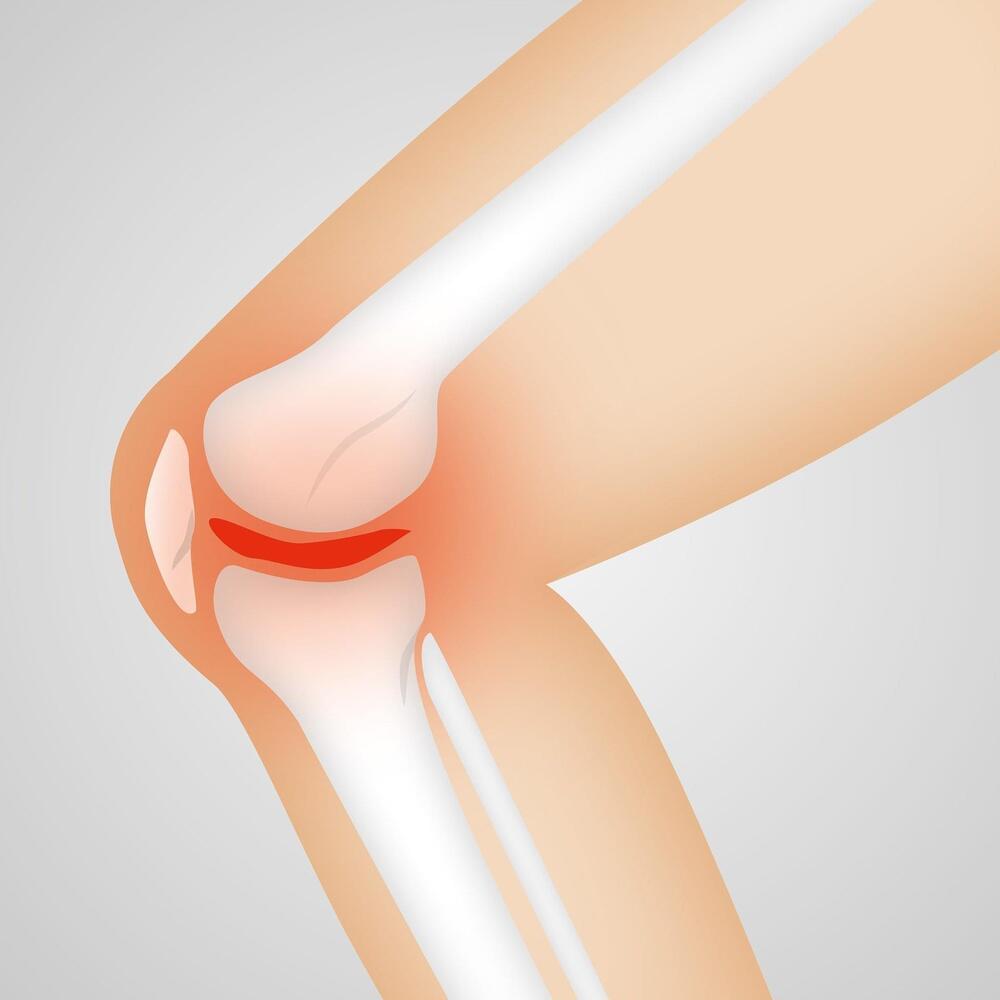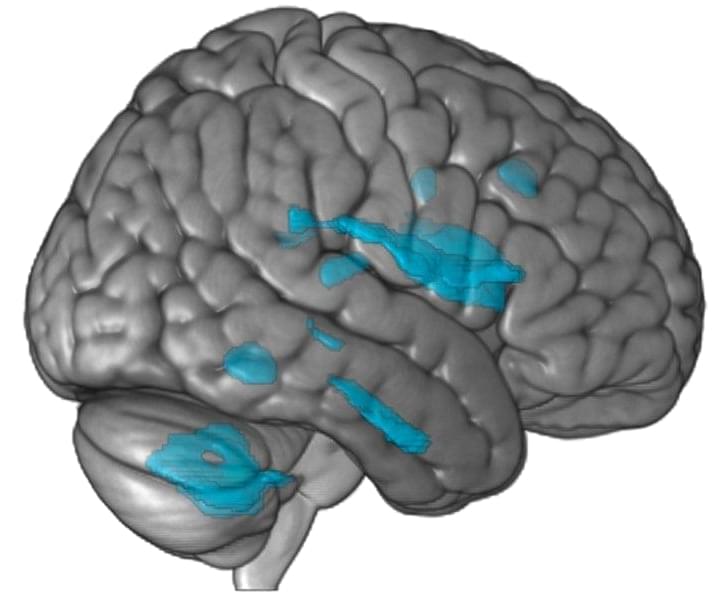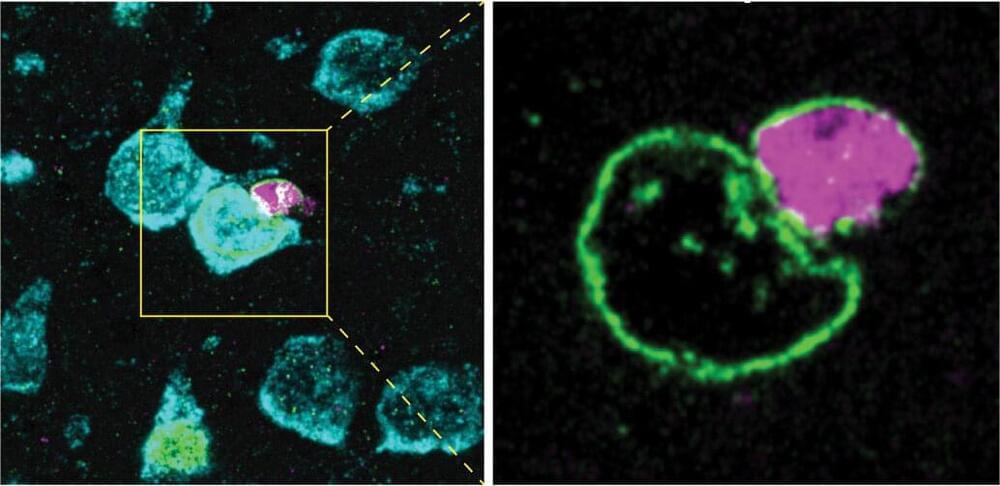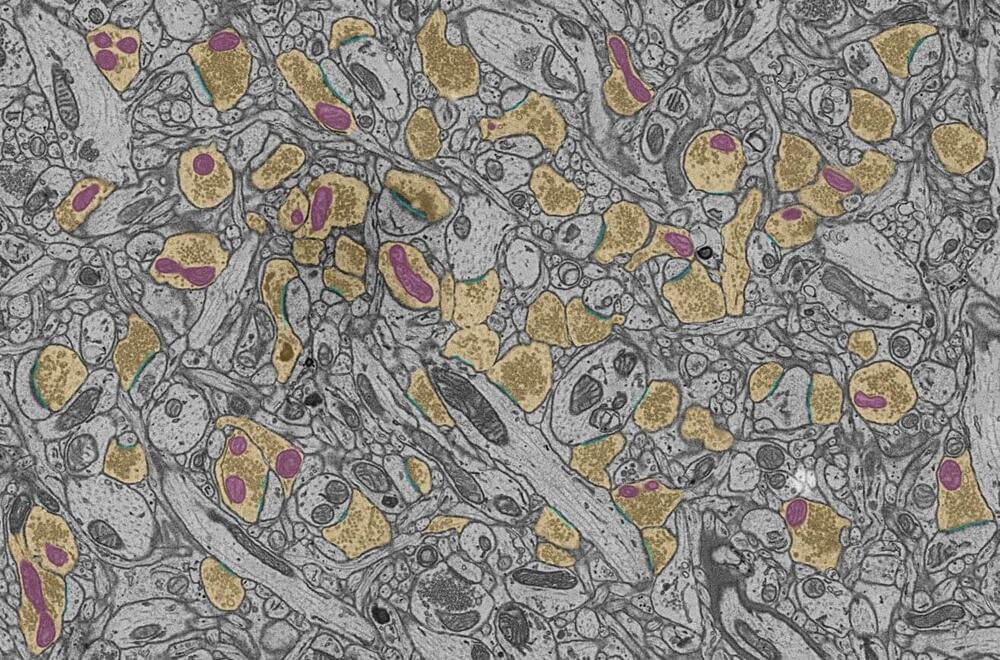
Brains are like puzzles, requiring many nested and co-dependent pieces to function well. The brain is divided into areas, each containing many millions of neurons connected across thousands of synapses. These synapses, which enable communication between neurons, depend on even smaller structures: message-sending boutons (swollen bulbs at the branch-like tips of neurons), message-receiving dendrites (complementary branch-like structures for receiving bouton messages), and power-generating mitochondria. To create a cohesive brain, all these pieces must be accounted for.
However, in the aging brain, these pieces can get lost or altered, and no longer fit in the greater brain puzzle. A research team has now published a study in Frontiers in Aging Neuroscience on this topic.
“Fifty percent of people experience loss of working memory with old age, meaning their ability to hold and manipulate information in the short-term decreases,” says co-first author Courtney Glavis-Bloom, a senior staff scientist in Salk Institute Professor John Reynolds’s lab. “We set out to understand why some individuals maintain healthy working memory as they age, while others do not. In the process, we discovered a novel mechanism for the synaptic basis of cognitive impairment.”
